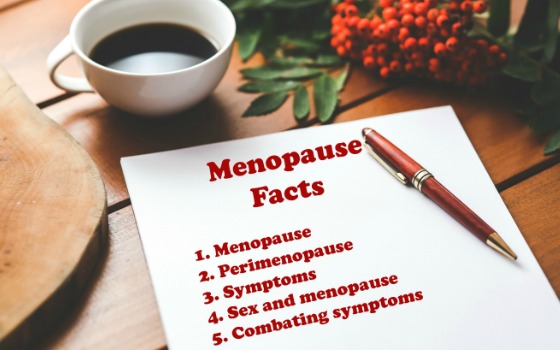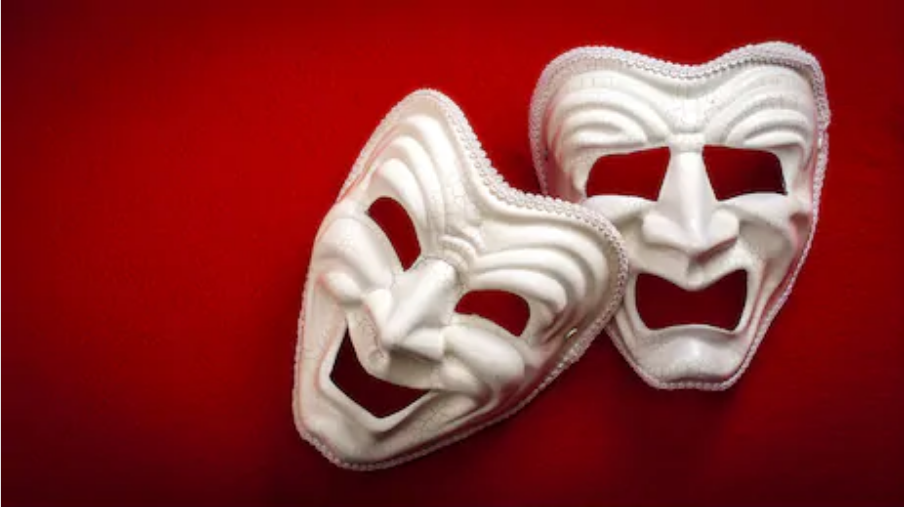I don’t know about you, but I’m not immune to the sultry wiles of an occasional adult beverage. You know . . . alcohol, booze, hooch, moonshine, cocktails. Yeah, in moderation, alcohol is wonderful. It’s the social elixer for the ages. I’ve been known to indulge in a glass or two of crisp Riesling, smooth Shiraz or Amarula neat over ice. However, alcohol does have its drawbacks. First, there’s the obvious: drunken debauchery, inebriated rowdiness, intoxicated topless dancing on bar tops and the like. But have you ever given thought what happens to women at the intersection of alcohol and menopause?
Let’s recap what we know about menopause.
Ahhh, menopause – that lovely time in a woman’s life when her periods cease, her ovaries no longer produce estrogen and progesterone, and she trades one horrific set of symptoms for another – is a normal and natural occurrence.
There are, however, a few things we do that can have an effect on the severity and occurrence of our symptoms. Unfortunately, alcohol is one of them, and it can play a major role in our menopausal journey.
We have a love affair with alcohol – wine, beer, vodka, etc. – but sometimes alcohol doesn’t love us back. As women, we metabolize alcohol differently than our male counterparts thanks to the activity of alcohol dehydrogenase (ADH), the enzyme responsible for metabolizing alcohol. We absorb more alcohol into our bloodstream because we have almost no ADH in our stomachs. That solves the mystery of why it takes so little for us to get a little tipsy.
Some women become giddy when drinking alcohol, others become pensive or melancholy, and still others go completely off the rails. What happens when we add menopause to the mix? It could be a cocktail you may not want to swallow.
POSSIBLE IMPACTS OF ALCOHOL USE DURING MENOPAUSE
Hot Flashes
This is one of the biggest tragedies of mixing alcohol and menopause: hot flashes. Alcohol has been known to trigger them, although this is not research-based but rather predicated on each woman’s personal trigger. Almost three-quarters of women suffer from hot flashes during menopause – present company included – and we certainly don’t need to add to our misery.
Alcohol dilates the arteries and increases blood flow, resulting in a feeling of warmth throughout the body. That means heat, ladies. Couple alcohol heat with hot flashes? Girl, you’re about to spontaneously combust.
Sarcopenia
What is this sarcopenia of which I speak? Hold onto your skirts, ladies, because this one’s a doozy. Sarcopenia is the loss of muscle mass. You know when you raise your arm to wave goodbye to someone and five minutes after you stop waving your arm jiggle continues to flap? Yeah…that.
While it’s natural for us to lose muscle mass as we get older, drinking extreme amounts of alcohol can hasten the loss. When we lose muscle mass, it can affect our strength, gait and balance. Researchers at Yonsei University College of Medicine in Seoul, Korea have found that high-risk (frequent, significant use of alcohol) drinkers had sarcopenia at a rate of four times higher than low-risk drinkers.
Weight Gain
You know that roll of pudge that attached itself to your midsection seemingly overnight? I’m sorry to have to break the news to you, but alcohol (which is basically empty, non-beneficial calories) may be one of the culprits. During peri- and menopause, our declining estrogen levels makes it extremely difficult for our bodies to get a rein on blood sugar. Alcohol adds to the misery. The end result? A slower metabolism. Sucks, I know.
For a glimpse at your caloric intake when you’re boozing it up, check out this alcohol calorie calculator from the National Institute on Alcohol Abuse and Alcoholism (NIAAA).
Bone Issues
Did you know that our bodies reach their peak bone mass around age 35? While there is questionable evidence that moderate alcohol consumption may protect bones, heavy drinking can weaken the bones which, in turn, can lead to osteoporosis.
Osteoporosis, which means “porous bones,” is characterized by weak, brittle bones and is a serious disease. The National Osteoporosis Foundation reports that roughly eight million women suffer from osteoporosis. Menopausal women are already at an increased risk of developing osteoporosis due to the loss of estrogen, which protects our bones.
Interaction with Medicines
Let’s be real: as we get older, so too do our bodies, and these bodies certainly feel and exhibit the ravages of time. As such, things that used to work well may not be working so great anymore. Aches and pains assault our bodies and we find it more difficult to snap back from whatever ails us. What do we do? Meds to the rescue! Unfortunately, mixing medications with alcohol may result in adverse reactions that could be harmful, even deadly.
Medicine for diabetes, heart meds, opioid pain relievers, estrogen, over-the-counter drugs, etc. – these could all potentially have unfavorable interactions with alcohol. Before you sip that cocktail, make sure you read the warning labels on the medications you take. If you’re unsure, check with your doctor or pharmacist.
DESPITE THE ISSUES, IT’S NOT ALL BAD . . .
Drinking alcohol in moderation has its perks. Studies show a few surprising benefits of moderate drinking, including the possibility of reducing the risk of depression, heart disease, stroke, type 2 diabetes and dementia.
According to the CDC (referring to the Dietary Guidelines for Americans), “moderate” consumption for women is defined as up to 1 drink a day, on any single day (not as an average across several days). So that entire bottle of Pinot Noir that you were planning to drink tonight? Eh, that’s a firm “no.”
Not only is moderate drinking important, so too is the amount of alcohol (which can vary by drink). Standard drinks include:

Having a mimosa with brunch, enjoying a shot of tequila or two to wash down those grilled pork tacos, or indulging in a glass of Irish cream after dinner shouldn’t be cause for alarm. Guzzling a case of beer on a hot day, polishing off a fifth of bourbon just for the heck of it or swigging two bottles of wine by yourself is a good reason to rethink your drinking strategy.
So, does all this talk about alcohol and menopause mean I’m going cold turkey on all alcoholic beverages? Likely not. I will, however, be mindful the next time I pour myself a glass of cabernet sauvignon.
Whatever you decide with alcohol consumption during menopause, please remember to drink responsibly.
Do you find that drinking alcohol exacerbates your menopause symptoms? Let’s discuss it in the comments.
This article originally appeared on pepper&wits.




